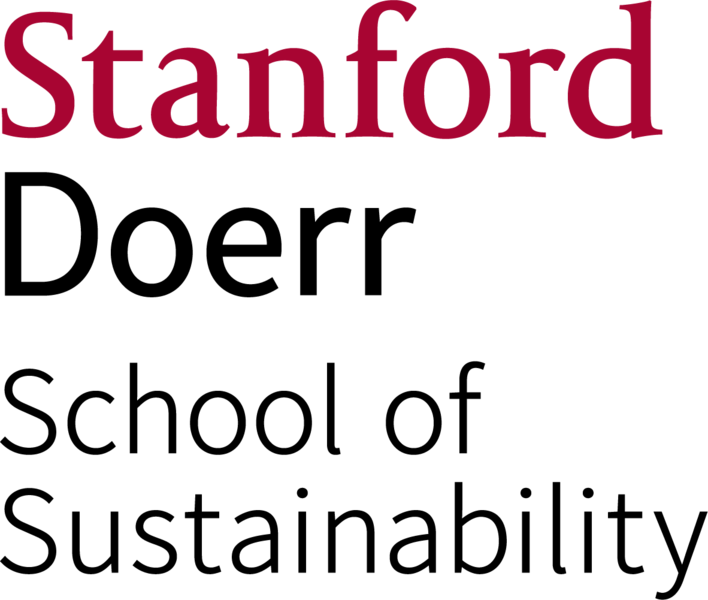Our Approach

The FUSE project team consists of social scientists, natural scientists and engineers working together to address complex coupled human-natural-engineered real-world systems. Our goal is to develop policy-evaluation models of the food-water-energy systems in the Pune and Amman regions to help plan for the long-term (multi-decadal) future. We will address issues such as what are the economic and social (equity) impacts of changes in water allocation, tariff changes, new governmental regulations, new infrastructure, novel farming practices, and a move to sustainable energy provision in the context of climate, population, and land-use changes. Our approach is highly interdisciplinary and transdisciplinary, with results and insights that would not otherwise be attainable without our interactions and interchanges. Coming from different disciplines, the FUSE team works closely together to understand each other’s perspectives and methods, striving to incorporate qualitative information into our quantitative modeling framework.
Our approach involves stakeholders, experts, and modelers from the FUSE study regions to help understand through co-creation their food-water-energy current concerns and those issues they foresee in the future. The co-creation process began with a set of three workshops that comprise sustainability living labs for each region. These facilitated workshops were conducted in February and March of 2019. All together there were over two hundreds participants from NGOs, government, industry, and civil society. The information from these workshops serve as feedback to develop policy-evaluation models, to make sure that our models can address concerns and potential solutions relevant to each region.
During the current phase we are building the policy evaluation models. The system models consist of a set of human and biophysical modules representing various aspects of the systems ranging from water, food, and energy components to political economy and food security. We also focus on projected land-use and climate change, with distinct approaches to each. These components of the project are briefly described in this section. During the final stage of the project we will present our policy-evaluation modeling results to the stakeholders and experts in each region in a series of workshops conducted in 2021.
